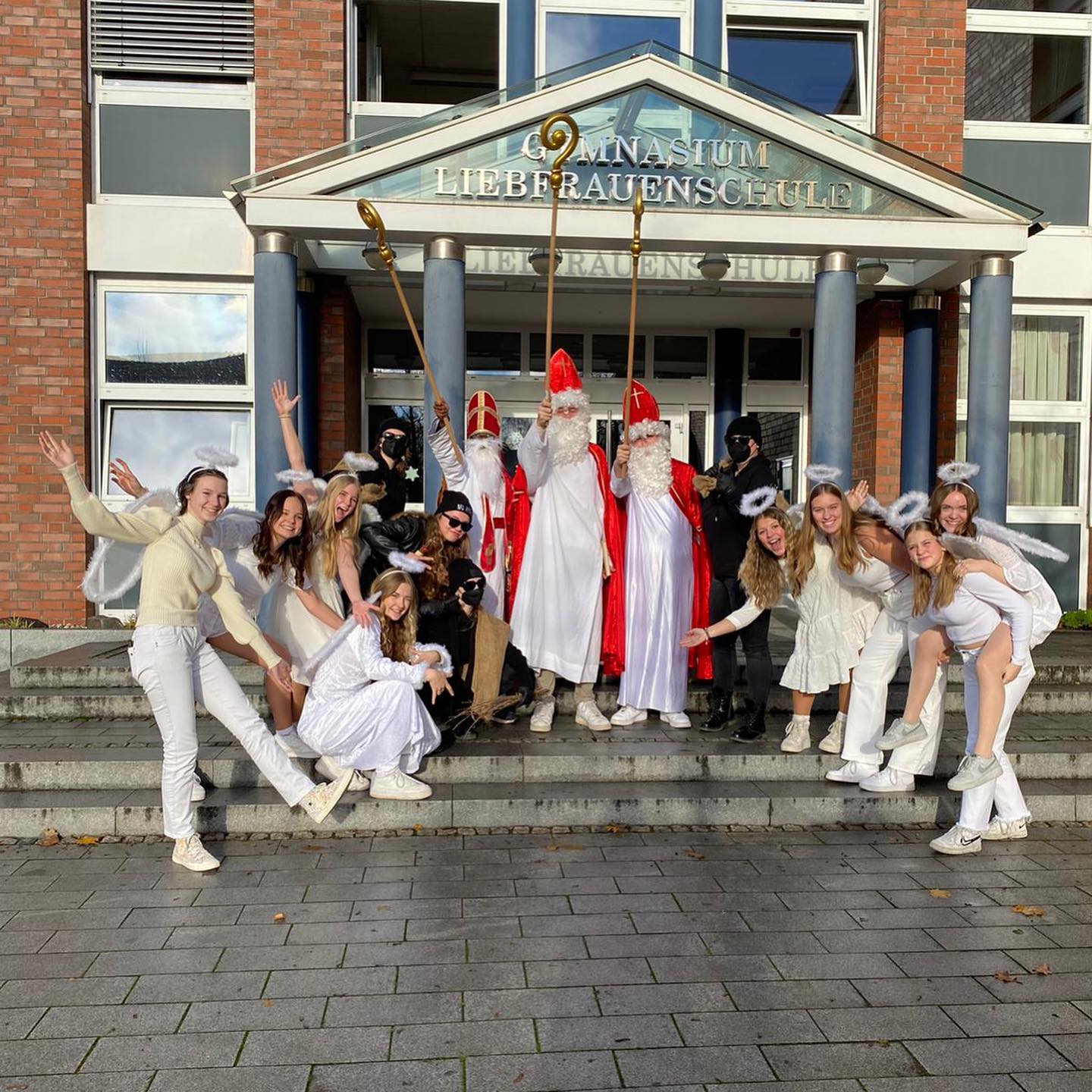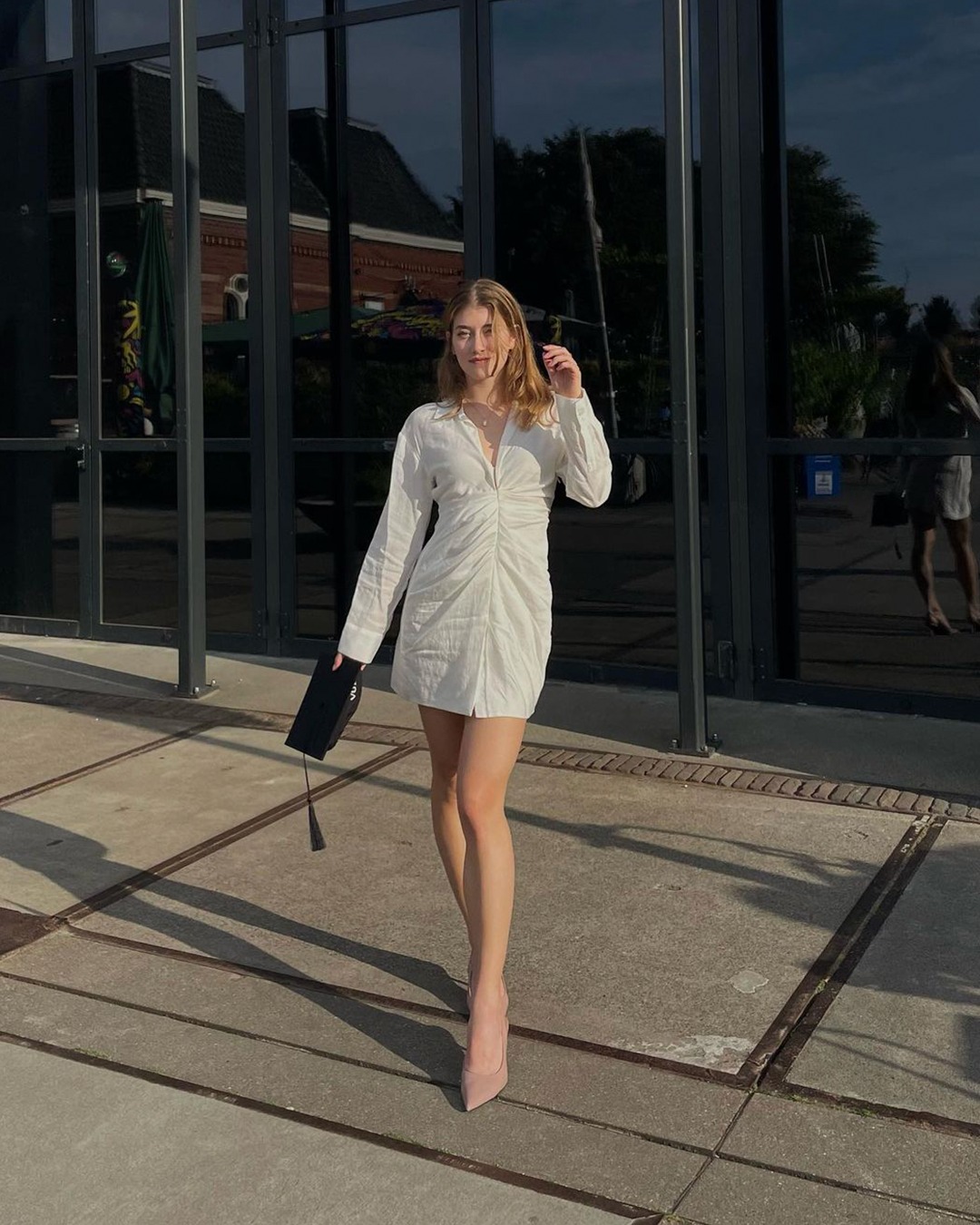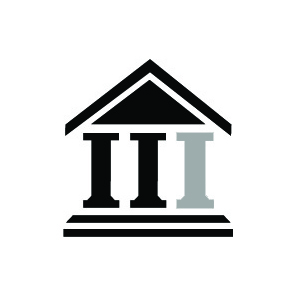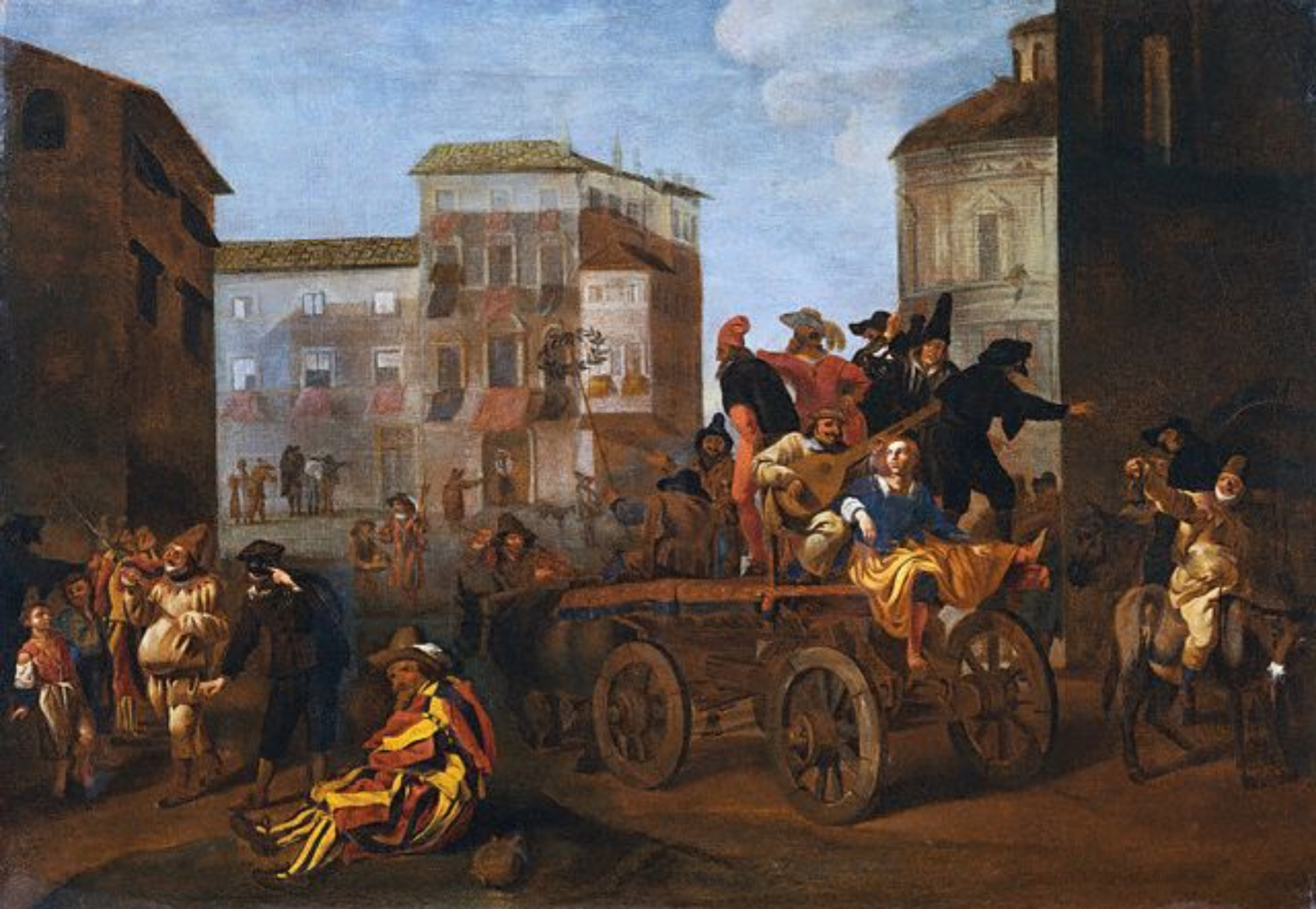|
Sun | Mon | Tue | Wed | Thu | Fri | Sat |
|---|
March | March | March | March | March | March | 1 |
2 | 3 - மொழி
11:00 -12:00 2023.04.03  “He who does not speak foreign languages
knows nothing about his own.“ — Johann Wolfgang von Goethe 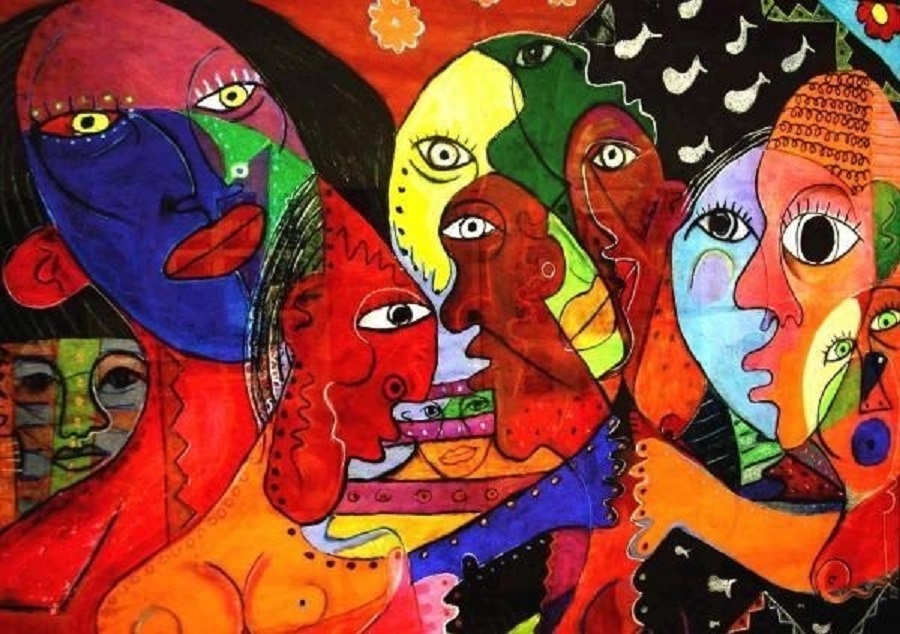
We start National Poetry Month in the United States and Canada every year with an inquiry into changes in the (meaning of) definitions at the foundation of best practice literature; frequently the subject of sporty debate among experts writing codes and standards for the built environment of education communities. In the United Kingdom, National Poetry Month is celebrated in October, and it is known as “National Poetry Day” which has been observed since 1994. It is an initiative of the Forward Arts Foundation, which aims to encourage people to read, write and perform poetry. Other countries also have their own poetry celebrations, such as World Poetry Day, which is observed annually on March 21 by UNESCO (United Nations Educational, Scientific and Cultural Organization) to promote the reading, writing, and teaching of poetry worldwide. We use a Tamil mnemonic because Tamil is the oldest surviving language and remains the spoken language of 80-odd million people of South Asia. https://standardsmichigan.com/%e0%ae%ae%e0%af%8a%e0%ae%b4%e0%ae%bf-2/
| 4 - Infotech 200
11:00 -12:00 2023.04.04  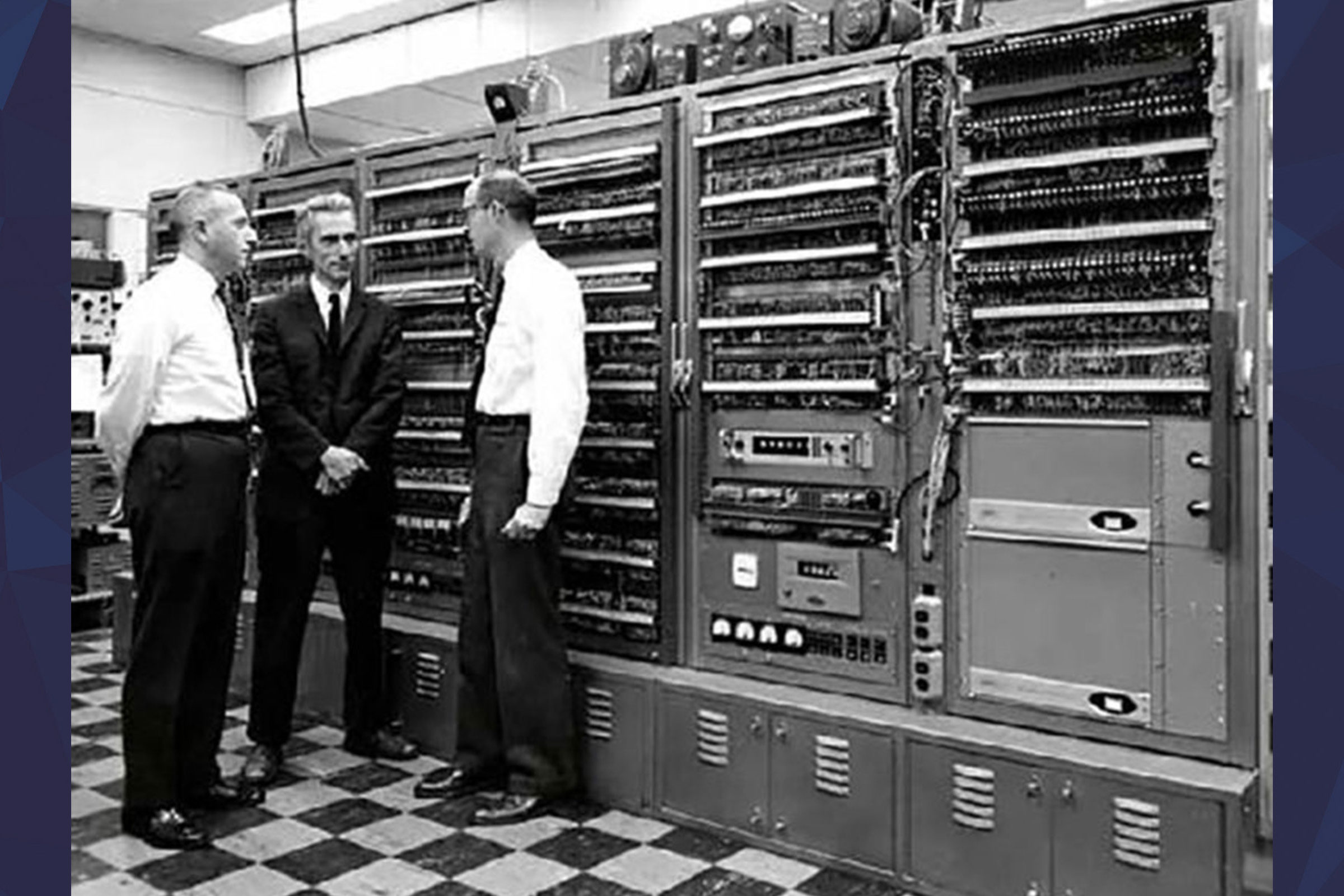
Today at 11 AM/ET we update our understanding of best practice literature relevant to the information and communication technology enterprises in education communities. Our online meetings coincides with the day of two IEEE Education & Healthcare Facilities Committee teleconferences at 14:00 Central European time and 2:00 PM Eastern time in the Americas. Starting 2023 we have begun to break down our coverage of information and communication technology embedded in campus buildings into two modules – Infotech 200 and Infotech 400. Open to everyone. Use the login credentials at the upper right of our home page. - Infotech 200
11:00 -12:00 2023.04.04  
Today at 11 AM/ET we update our understanding of best practice literature relevant to the information and communication technology enterprises in education communities. Our online meetings coincides with the day of two IEEE Education & Healthcare Facilities Committee teleconferences at 14:00 Central European time and 2:00 PM Eastern time in the Americas. Starting 2023 we have begun to break down our coverage of information and communication technology embedded in campus buildings into two modules – Infotech 200 and Infotech 400. Open to everyone. Use the login credentials at the upper right of our home page.
| 5 - Occupancy Classification & Use
11:00 -12:00 2023.04.05  https://standardsmichigan.com/occupancy-classification-use/ https://twitter.com/SileNicChormaic/status/1643207551725740032?s=20 https://twitter.com/srawlinsonphoto/status/1643152651301842947?s=20
| 6 - Disaster 500
11:00 -12:00 2023.04.06  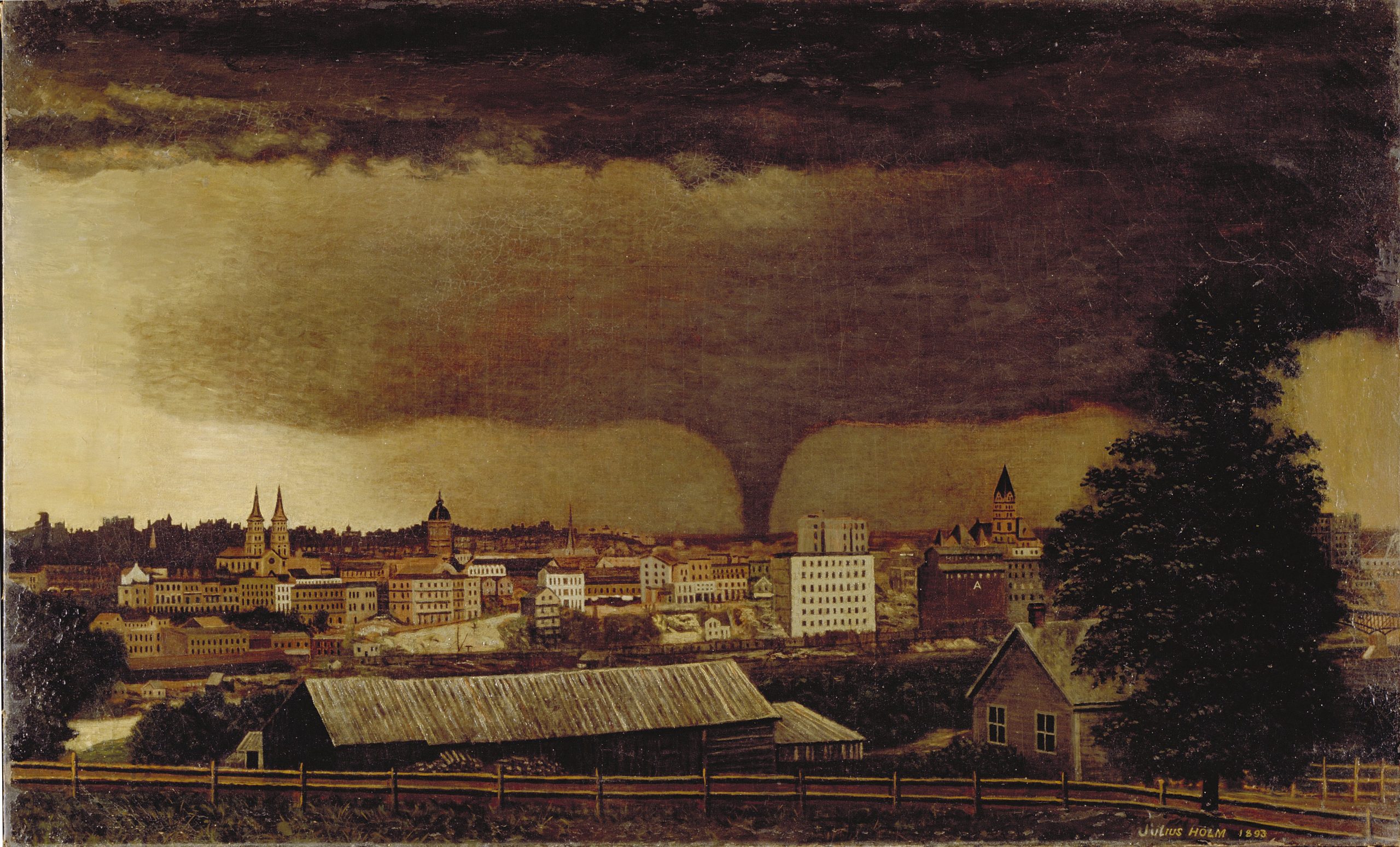

Today at 11 AM/ET we review the literature that sets the standard of care for prevention, response and resilience of the education facility industry to storms, floods, hurricanes, earthquakes and all other disasters. We will examine a selection of court filings that should inform how facility managers should prepare and respond to disasters, but also identify gaps in best practice literature and (possibly) key in proposals for how those gaps may be removed. Use the login credentials at the upper right of our home page.
| 7 - Colloquy
11:00 -12:00 2023.04.07  

Whatever anyone wants to talk about. https://twitter.com/UkrainianMath/status/1645414070374285314?s=20
| 8 |
9 | 10 - Intellectual Property
08:38 2023.04.10  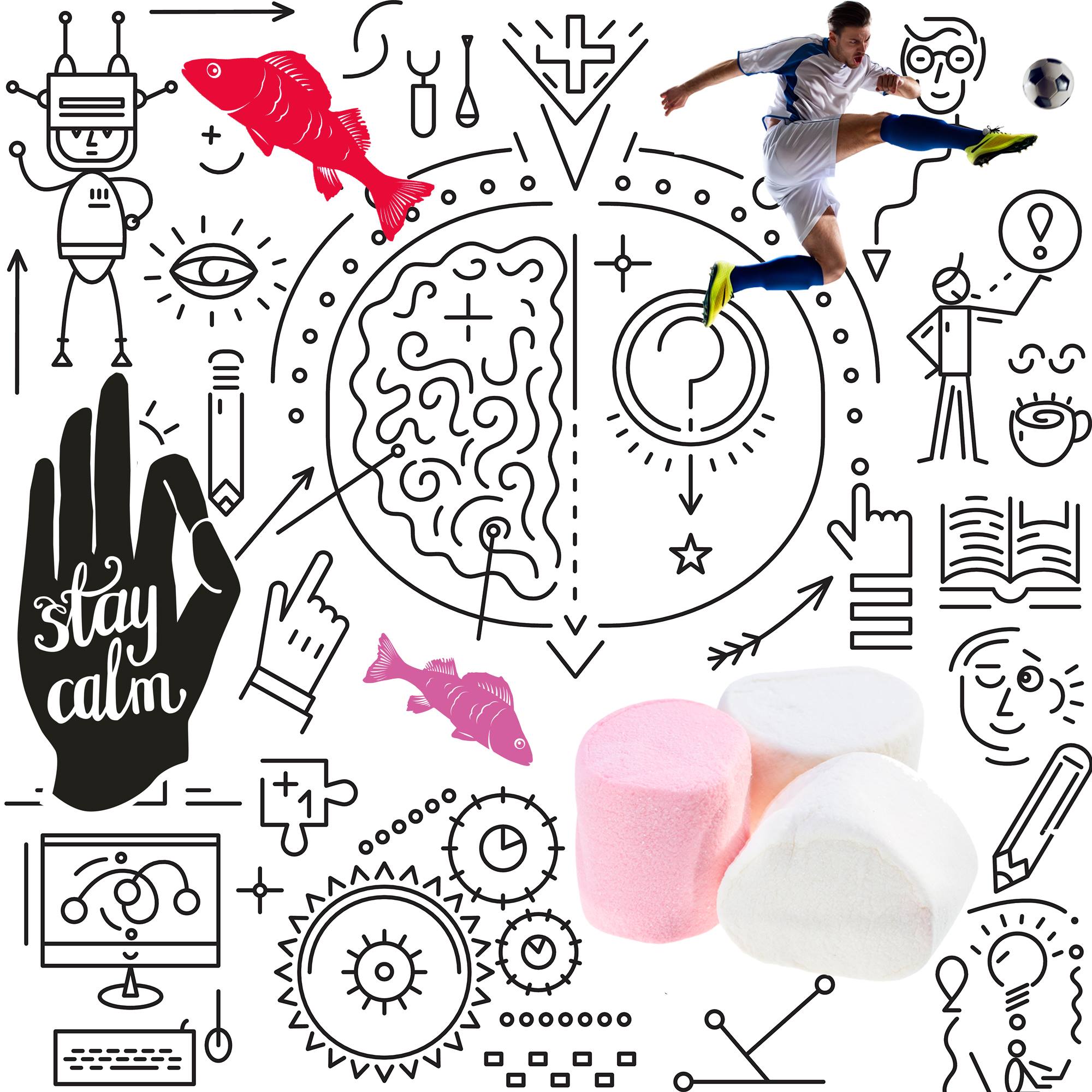 Università Cattolica del Sacro Cuore Student Art Innovation – Standardization – Commoditization run along a continuum. Today we unpack some of the ideas that hasten (and prohibit) leading practice discovery; how quickly goods and services become a “human right”; why all of this is relevant to education communities and why some believe that commoditization is a myth. From the Wikipedia In business literature, commoditization is defined as the process by which goods that have economic value and are distinguishable in terms of attributes (uniqueness or brand) end up becoming simple commodities in the eyes of the market or consumers. It is the movement of a market from differentiated to undifferentiated price competition and from monopolistic competition to perfect competition. Hence, the key effect of commoditization is that the pricing power of the manufacturer or brand owner is weakened: when products become more similar from a buyer’s point of view, they will tend to buy the cheapest. https://twitter.com/StandardsMich/status/1318508254658502657?s=20 https://twitter.com/mapeducate/status/1645590998364372993?s=20
| 11 - Microgrids
11:00 -12:00 2023.04.11  https://standardsmichigan.com/microgrids/ https://twitter.com/DrRituRaman/status/1645773734135971844?s=20
| 12 - Elevators & Lifts
11:00 -12:00 2023.04.12  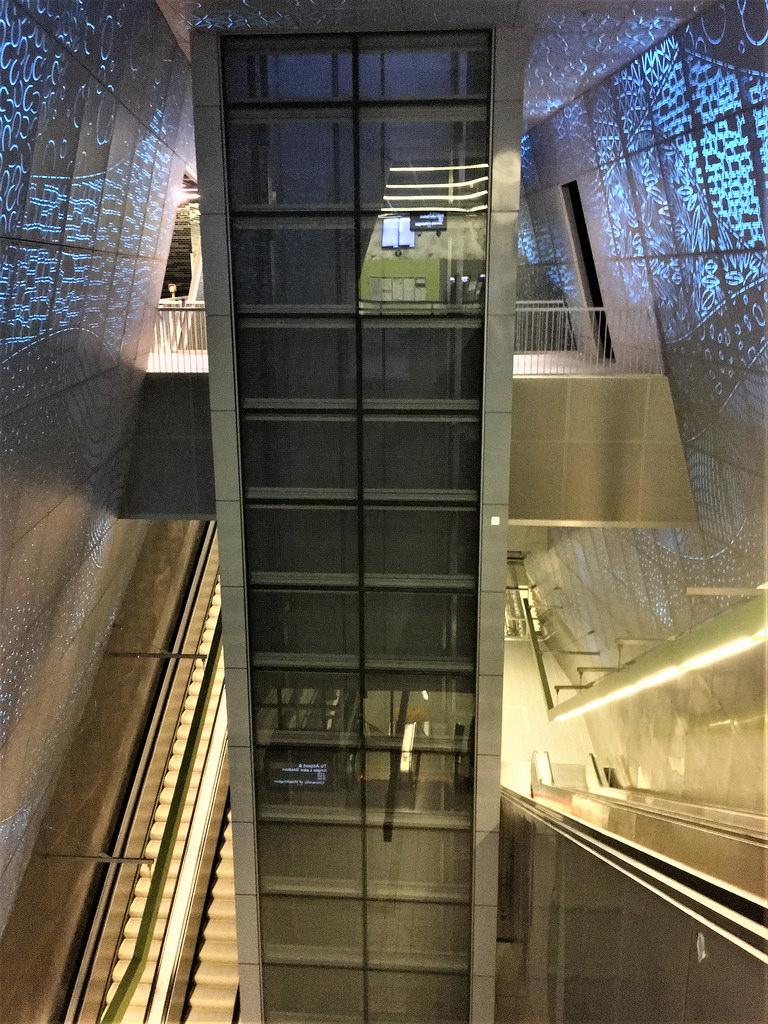 University of Wisconsin Stadium Elevator 
Many education communities have 100’s of elevators and escalators. This is a difficult space for driving costs down (because of strong manufacturer and labor presence) but we will give the “old college try” https://youtu.be/Y2q8sbJDLEw
| 13 - Kitchens 300
11:00 -12:00 2023.04.13  https://standardsmichigan.com/kitchen-300/ https://twitter.com/SherborneGirls/status/1646123703300681728?s=20
| 14 - Fine Arts
11:00 -12:00 2023.04.14  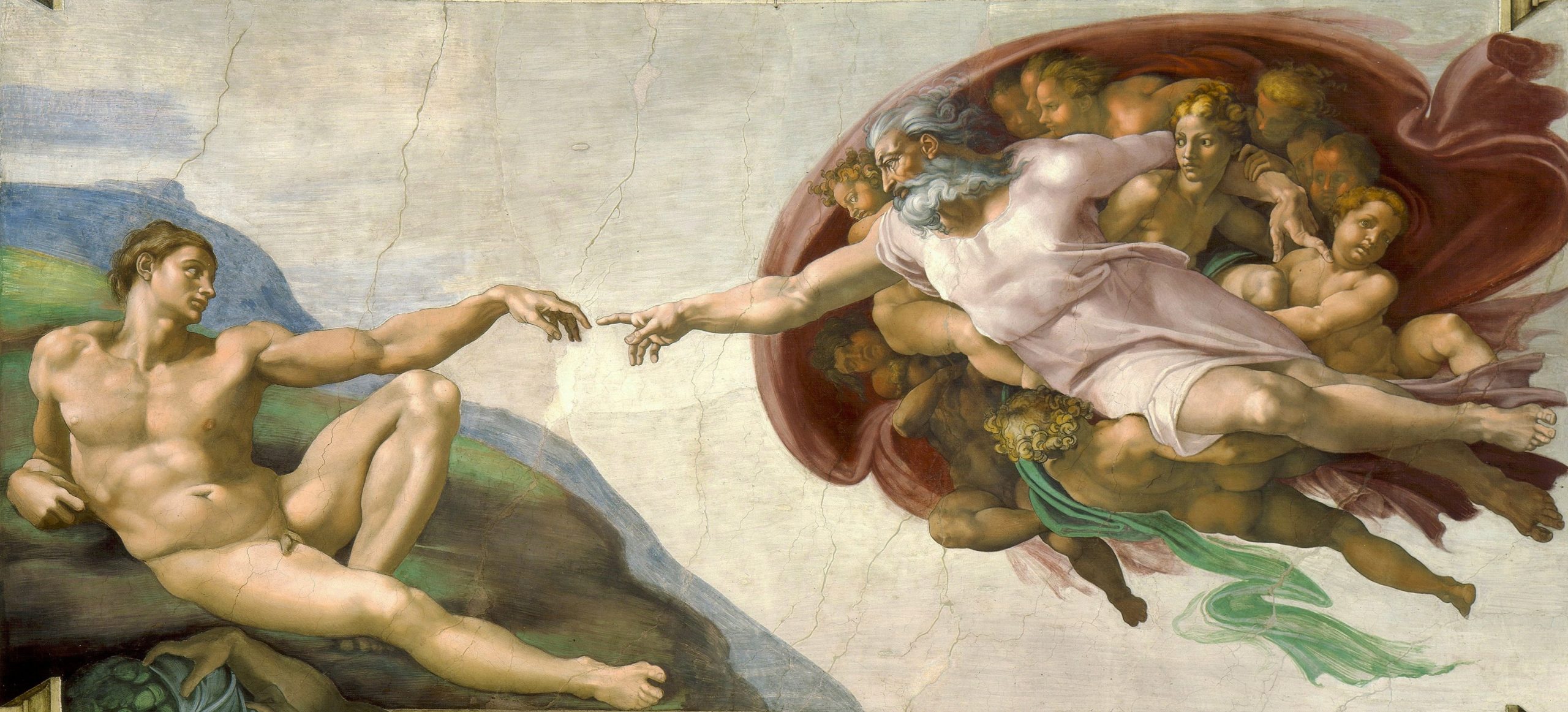
There are written fine arts standards that have been developed by various organizations and educational bodies. These standards provide a framework for what students should know and be able to do in the arts at different grade levels. Here are a few examples of fine arts standards: National Core Arts Standards: The National Core Arts Standards were developed by the National Coalition for Core Arts Standards and outline what students should know and be able to do in dance, media arts, music, theater, and visual arts at different grade levels. State Fine Arts Standards: Many states have their own fine arts standards that are aligned with the National Core Arts Standards but may be tailored to reflect the unique needs and priorities of the state; e.g., State of Ohio Fine Art Standards International Baccalaureate Arts Standards: The International Baccalaureate (IB) program offers arts standards as part of their curriculum framework for the arts. These standards are designed to develop students’ creative and critical thinking skills in the arts. Arts Education Partnership National Standards for Arts Education: The Arts Education Partnership has developed national standards for arts education that cover the four major artistic disciplines: dance, music, theater, and visual arts. 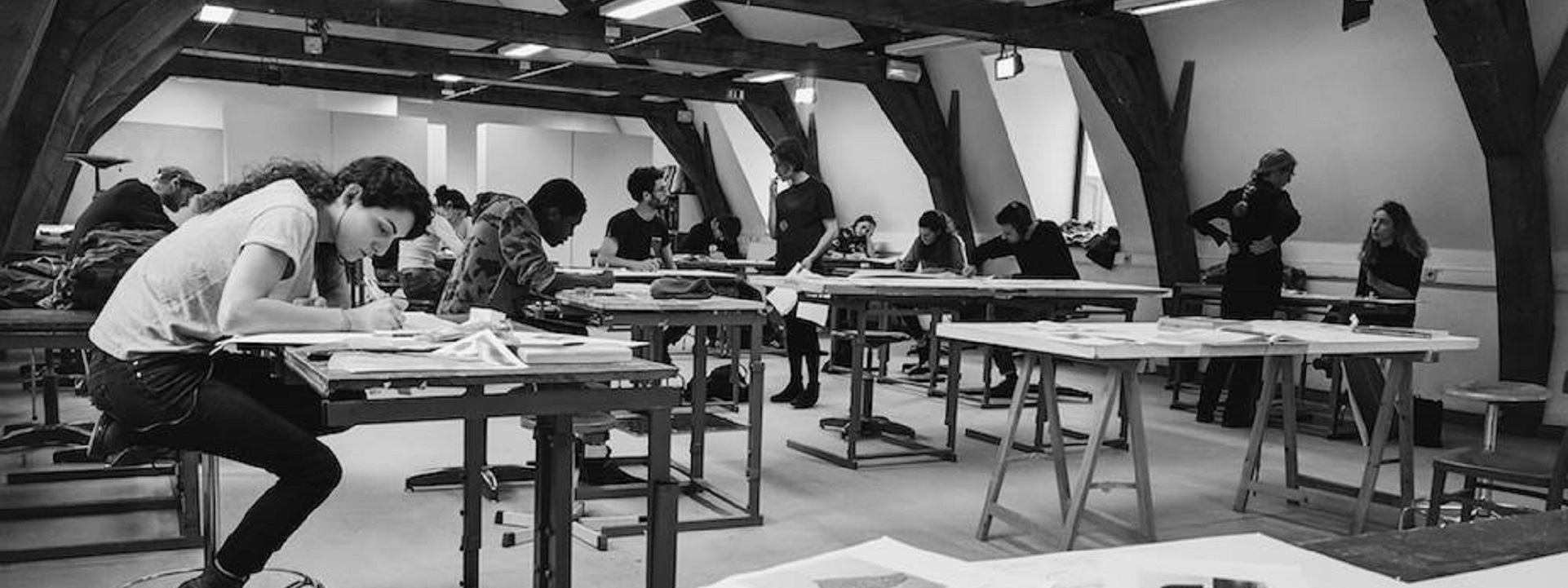
Today at 15:00 UTC we drill into the technical specifics that contribute to the safety and sustainability of spaces used for the teaching, practice and display of the fine arts. These occupancies are typically at greater risk than classrooms because they usually contain volatile fluids for artistic painting or biologic specimen preservation, kilns for pottery, fabrics and related machinery for teaching fashion design and practice. 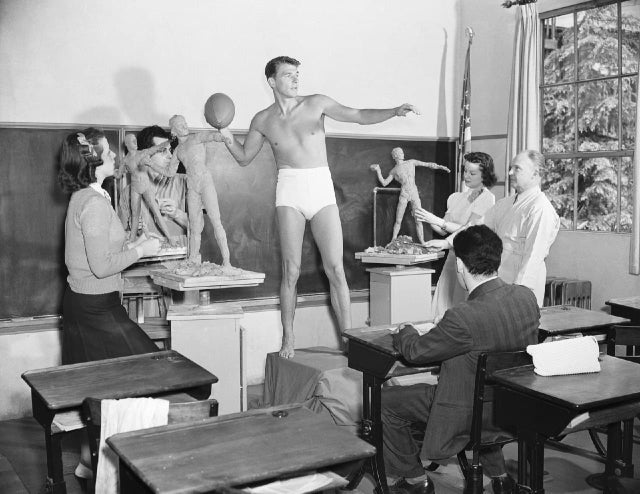

| 15 |
16 - Chór Uniwersytet Warszawski “Nawrócona”
All day 2023.04.16  https://youtu.be/D83-bxZQ75M “Nawrócona” is a Polish song written by Czesław Niemen and recorded by him in 1972. The song is about a woman who has had a difficult life and has turned to religion for solace and guidance. The lyrics describe the woman’s struggles and how she has found peace through her faith. The song’s title, “Nawrócona,” means “converted” or “repentant” in English, suggesting that the woman has undergone a profound change in her life as a result of her religious beliefs. The song is notable for its powerful, soulful vocals and its fusion of rock and folk music elements. It has become a beloved classic of Polish popular music, and its themes of redemption and hope |
| 17 - Accreditation 100
11:00 -12:00 2023.04.17  Today we examine standards-setting activity of non-profit trade associations that set academic standards; with specific interest in how these organizations reference other organizations that set standards for the built environment. 
The criteria for an organization to be recognized as a “college” or “university” is dependent on the jurisdiction. There are common characteristics and criteria that many institutions must meet to be officially designated as a college. Keep in mind that these criteria can differ between countries and regions. Here are some general considerations: Legal Recognition: The institution must be legally recognized by the relevant educational authorities in its jurisdiction. This recognition often involves meeting specific standards related to academic programs, faculty qualifications, facilities, and governance. - Accreditation: Many countries have accreditation processes that evaluate the quality of education provided by institutions. Accreditation is often granted by independent accrediting bodies that assess factors such as curriculum, faculty credentials, facilities, and student outcomes.
- Degree-Granting Authority: Colleges are typically authorized to confer academic degrees, such as associate degrees, bachelor’s degrees, or higher. The authority to award degrees may be granted by government education agencies or other relevant authorities.
- Faculty Qualifications: Colleges are expected to have qualified faculty members with appropriate academic credentials and expertise in the subjects they teach. Faculty qualifications often include advanced degrees in their respective fields.
- Facilities and Resources: Colleges should have adequate facilities and resources to support the delivery of quality education. This includes classrooms, laboratories, libraries, and other infrastructure necessary for academic activities.
- Adherence to Educational Standards: Colleges are expected to adhere to established educational standards and guidelines. These standards may cover curriculum development, assessment methods, student support services, and other aspects of academic operations.
- Governance and Administration: The institution should have a transparent and effective governance structure and administrative processes. This ensures accountability and the ability to manage the institution in accordance with educational regulations and standards.
- Mission and Purpose: Colleges typically have a clearly defined mission and purpose related to higher education. This may involve a commitment to academic excellence, research, community engagement, or other educational goals.
It’s important to note that the specific requirements and criteria can vary widely depending on the country and its educational system. In some regions, the term “college” may be used differently, and there may be variations in the types of degrees or programs offered by institutions with this designation. As such, it’s advisable to refer to the specific regulations and guidelines established by the educational authorities in a given jurisdiction. https://standardsmichigan.com/accreditation/
| 18 - Illumination 400
11:00 -12:00 2023.04.18  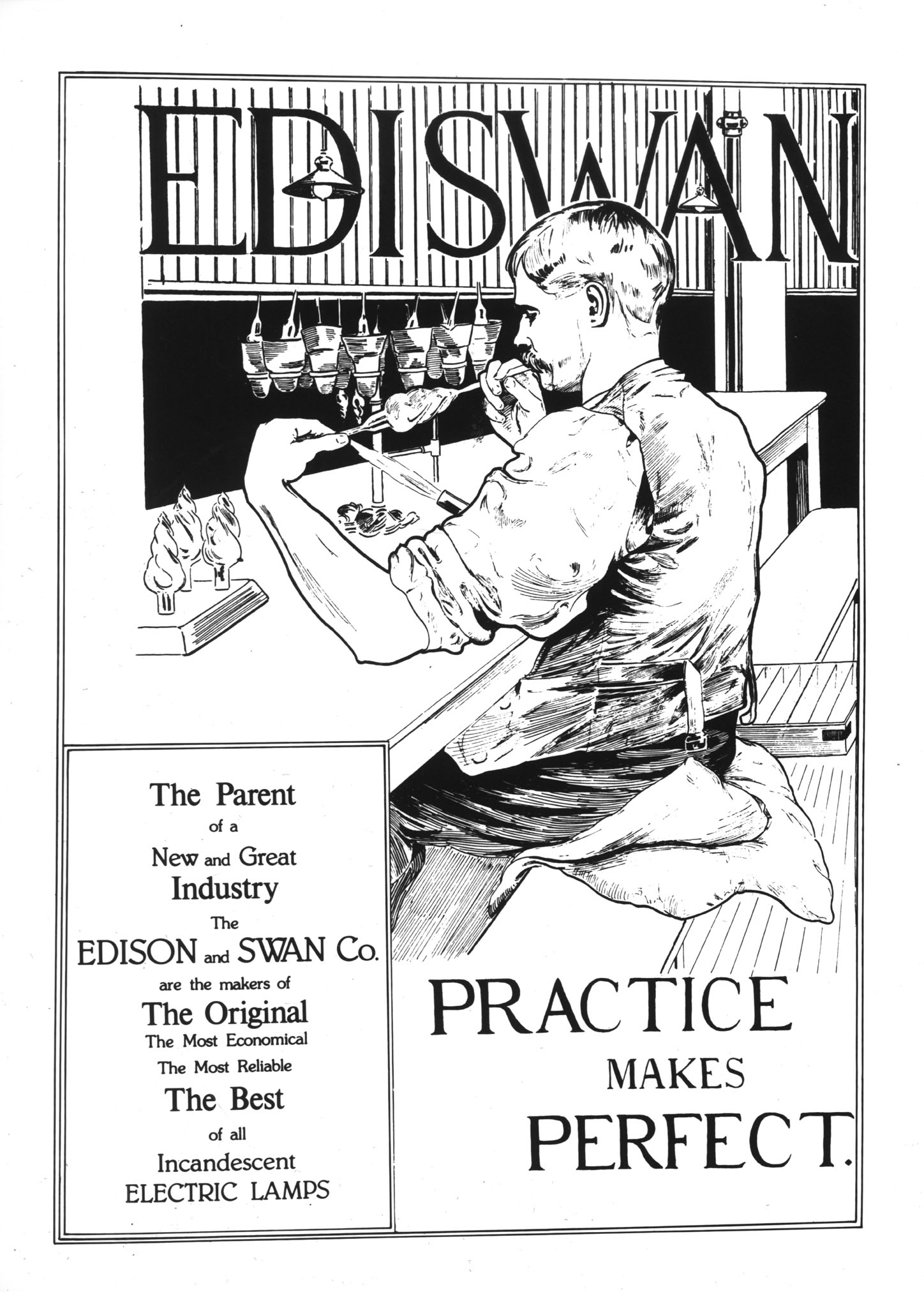 
Illumination technologies have had a pattern of consuming about 35 percent of building electrical energy use. That number has been pressed downward with the expanded application of LED luminaires and occupant responsive controls; much of the transformation hastened by the IEEE, IES and ASHRAE best practice catalogs. Today we run through the development status of these products with specific interest in exterior illumination best practice. This topic also is covered in the 4 time monthly meetings of the IEEE Education & Healthcare Facilities Committee. https://standardsmichigan.com/illumination-400/
| 19 - Energy 200
11:00 -12:00 2023.04.19  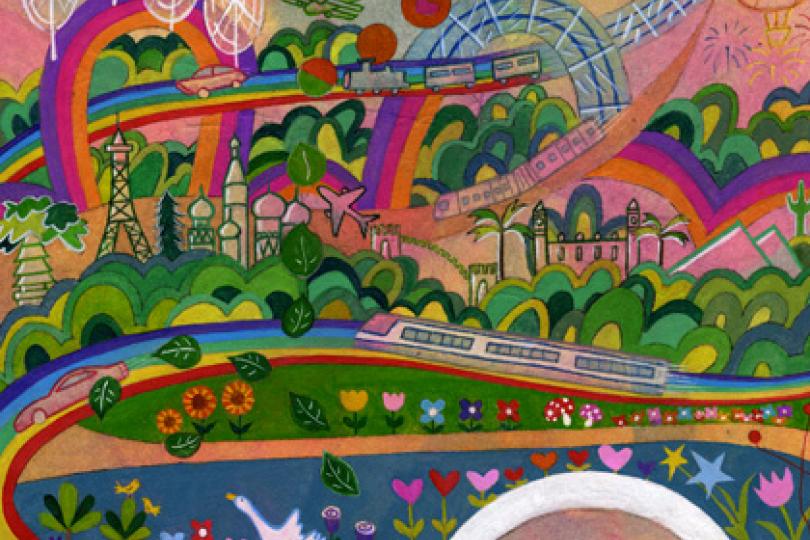 What a Wonderful World! | Ho Charlotte Sie Wing, 13, China 
Review of all consensus, consortia and open source codes, standards and regulations regarding energy production and conservation relevant to the education facility industry. Faculty and staff in the education industry in all nations provide basic research, application research in energy technologies. The “cities-within-cities” we call the #SmartCampus” also provide crucibles for new testing new technologies as well as provide energy load for utilities operating under all ownership regimes. Send bella@standardsmichigan.com an email for an advance agenda. https://standardsmichigan.com/agenda-energy-standards-monthly/
| 20 - Bucolia 200
11:00 -12:00 2023.04.20  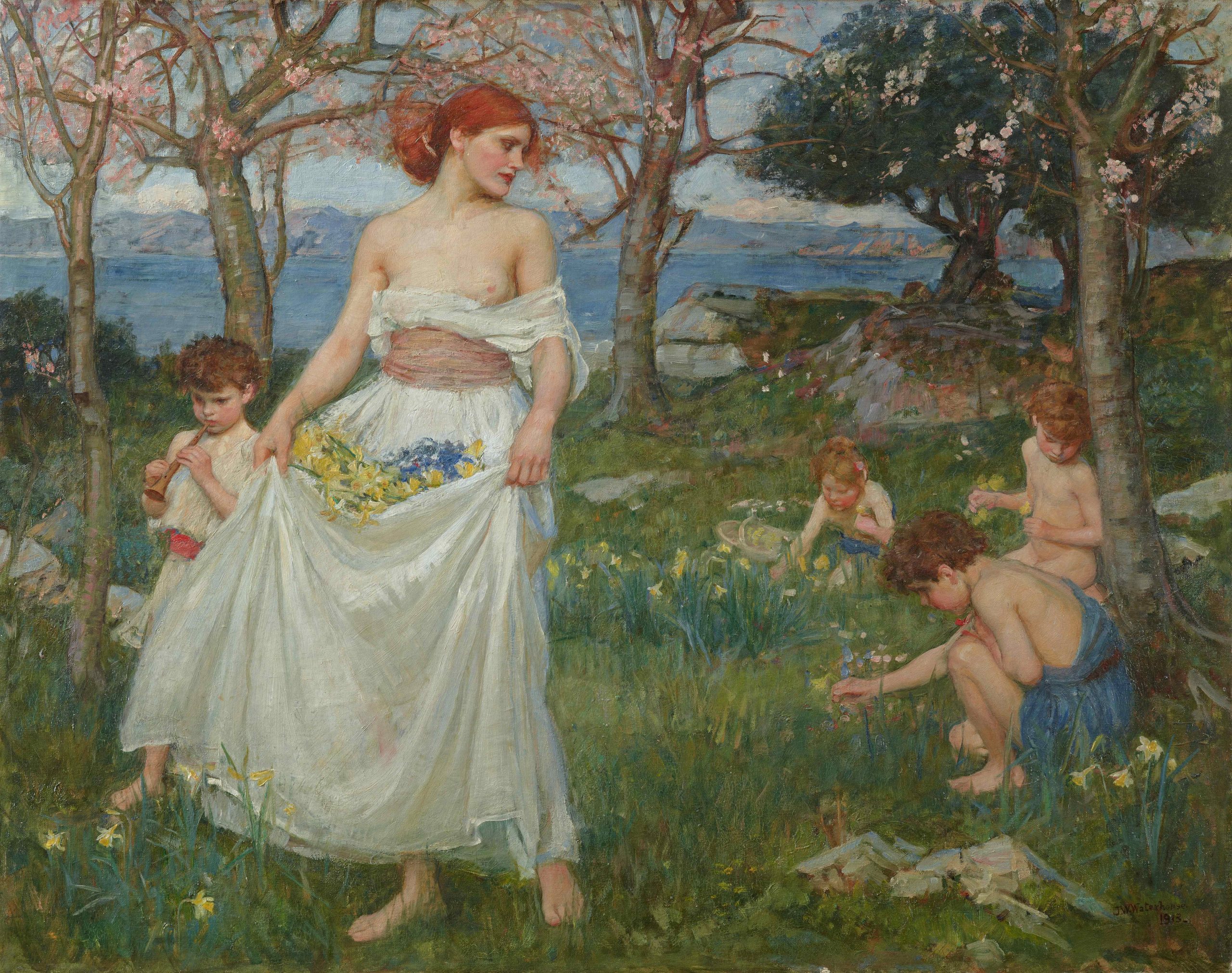 “A Song of Springtime” 1913 John William Waterhouse 
Review of development in safety and sustainability best practice catalogs for education community outdoor environment. 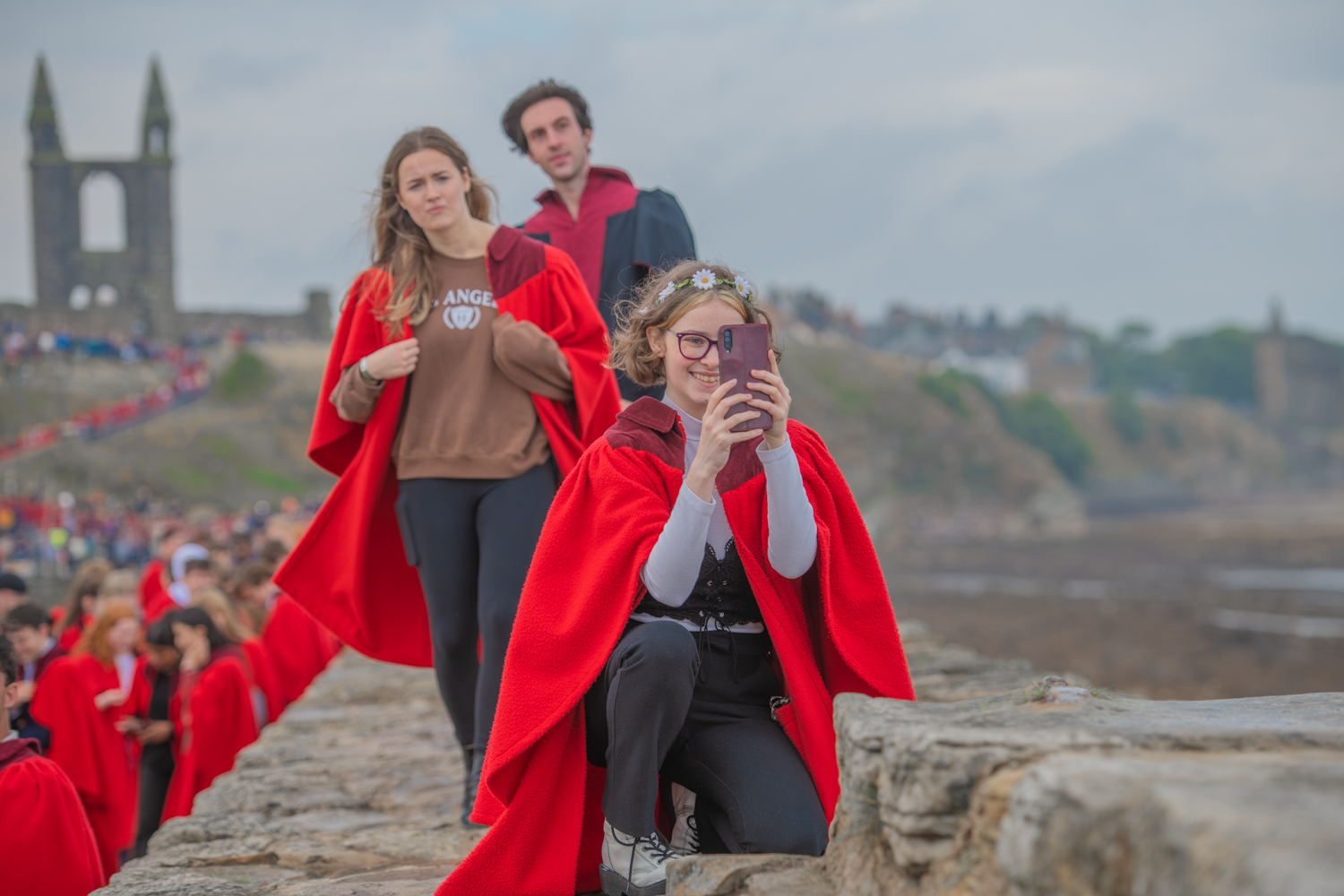
- ANSI Committee on Education Meeting
| 21 | 22 |
23 - “Os justi” Rodolfus Foundation
All day 2023.04.23  https://youtu.be/hWFsFzdK6Ow “Os justi” is a sacred choral motet composed by the Austrian composer Anton Bruckner. The piece is based on a Latin text from the Book of Wisdom, which reads “Os justi meditabitur sapientiam, et lingua ejus loquetur judicium,” meaning “The mouth of the righteous speaks wisdom, and his tongue talks of judgment.” Bruckner composed the piece in 1879 for the choir of the St. Florian Monastery, where he served as the organist. “Os justi” is characterized by its rich, sonorous harmonies and its use of subtle rhythmic and melodic variations to create a sense of organic development throughout the piece. The motet is often regarded as one of Bruckner’s finest choral works, and it has been praised for its deep spirituality and expressive power. The piece is typically performed by a mixed choir a cappella, although some arrangements exist for accompanied versions. “Os justi” has become a popular selection for choral performances and recordings, and it is considered a cornerstone of the sacred choral repertoire. |

| 24 - Schenkingen
11:00 -12:00 2023.04.24  University endowments are comprised of money or other financial assets that are donated to academic institutions. Charitable donations are the primary source of funds for endowments. Endowment funds support the teaching, research, and public service missions of colleges and universities. In the case of endowment funds for academic institutions, the income generated is intended to finance a portion of the operating or capital requirements of the institution. Today we will pick through few reports where safety and sustainability claims are listed and described. https://standardsmichigan.com/schenkingen/
| 25 - Rain & Lightning
11:00 -12:00 2023.04.25  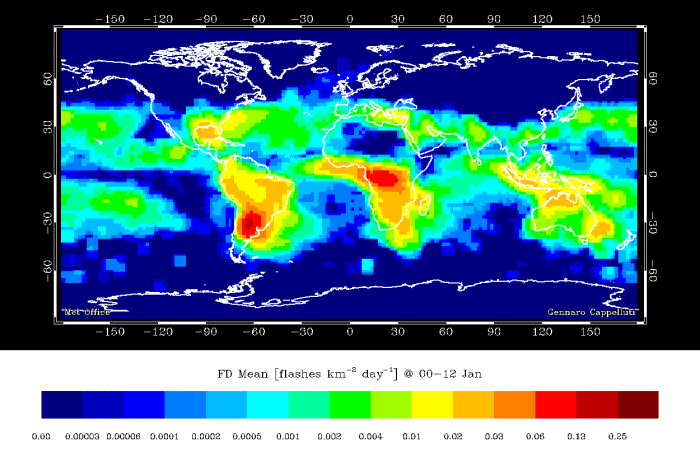 Lightning flash density – 12 hourly averages over the year (NASA OTD/LIS) This shows that lightning is much more frequent in summer than in winter, and from noon to midnight compared to midnight to noon. https://youtu.be/zisnPchVYKs https://standardsmichigan.com/rain-2/ - IEC TC 64 Meetings
All day 2023.04.25-2023.04.27
| 26 - Hello World!
11:00 -12:00 2023.04.26  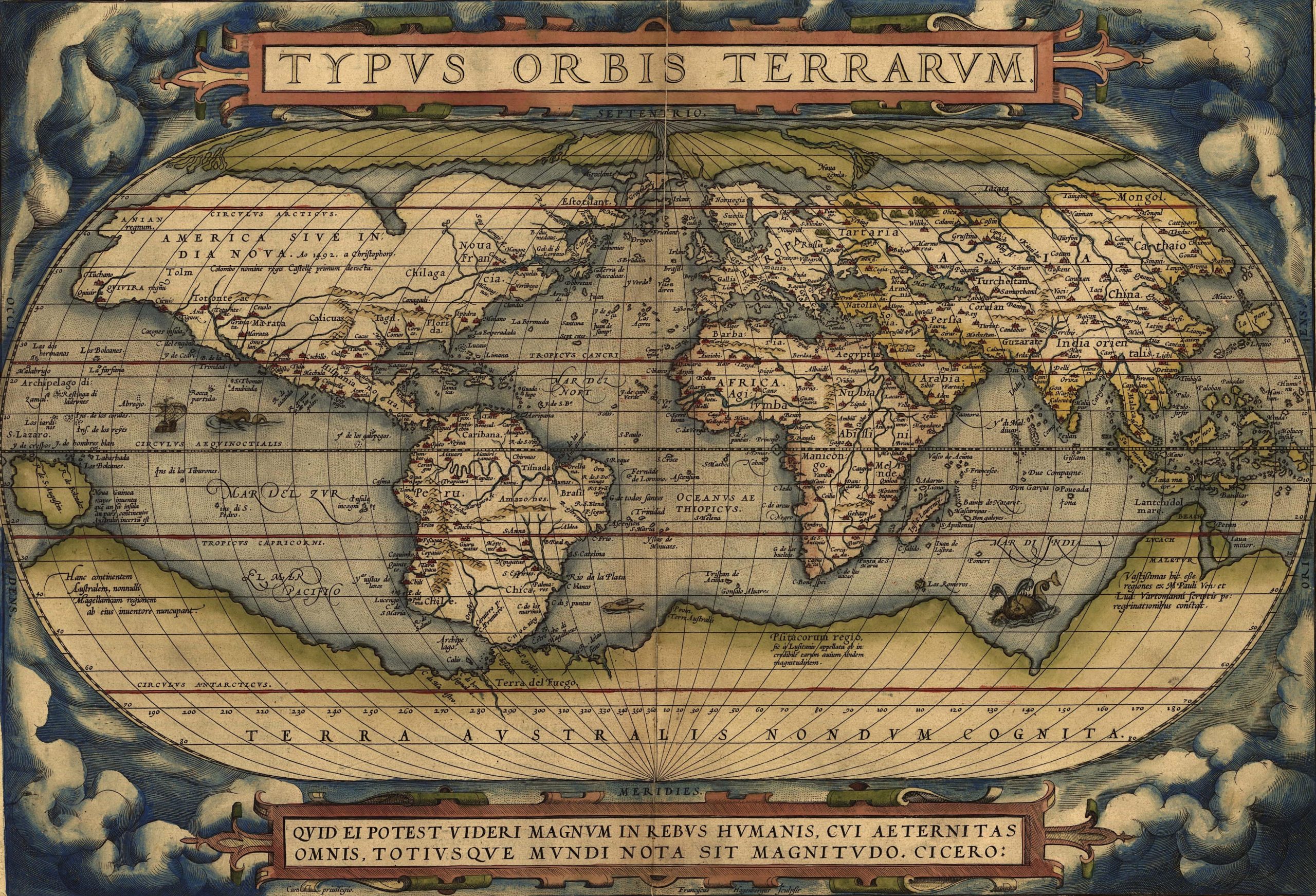

Today we explain our collaboration with other like-minded units in education communities in the US and other nations. In most cases we conform to participation requirements set by ANSI US Technical Advisory Groups but we also have liaison with other universities in the European Union who conform to the participation requirements of their own national standards bodies. Use the login credentials at the upper right of our home page. Because a great deal of content is copyright protected by the ISO, IEC and the ITU, please contact bella@standardsmichigan.com for an advance agenda. 
https://standardsmichigan.com/standing-agenda-international-standards/
| 27 - Mechanical 400
11:00 -12:00 2023.04.27  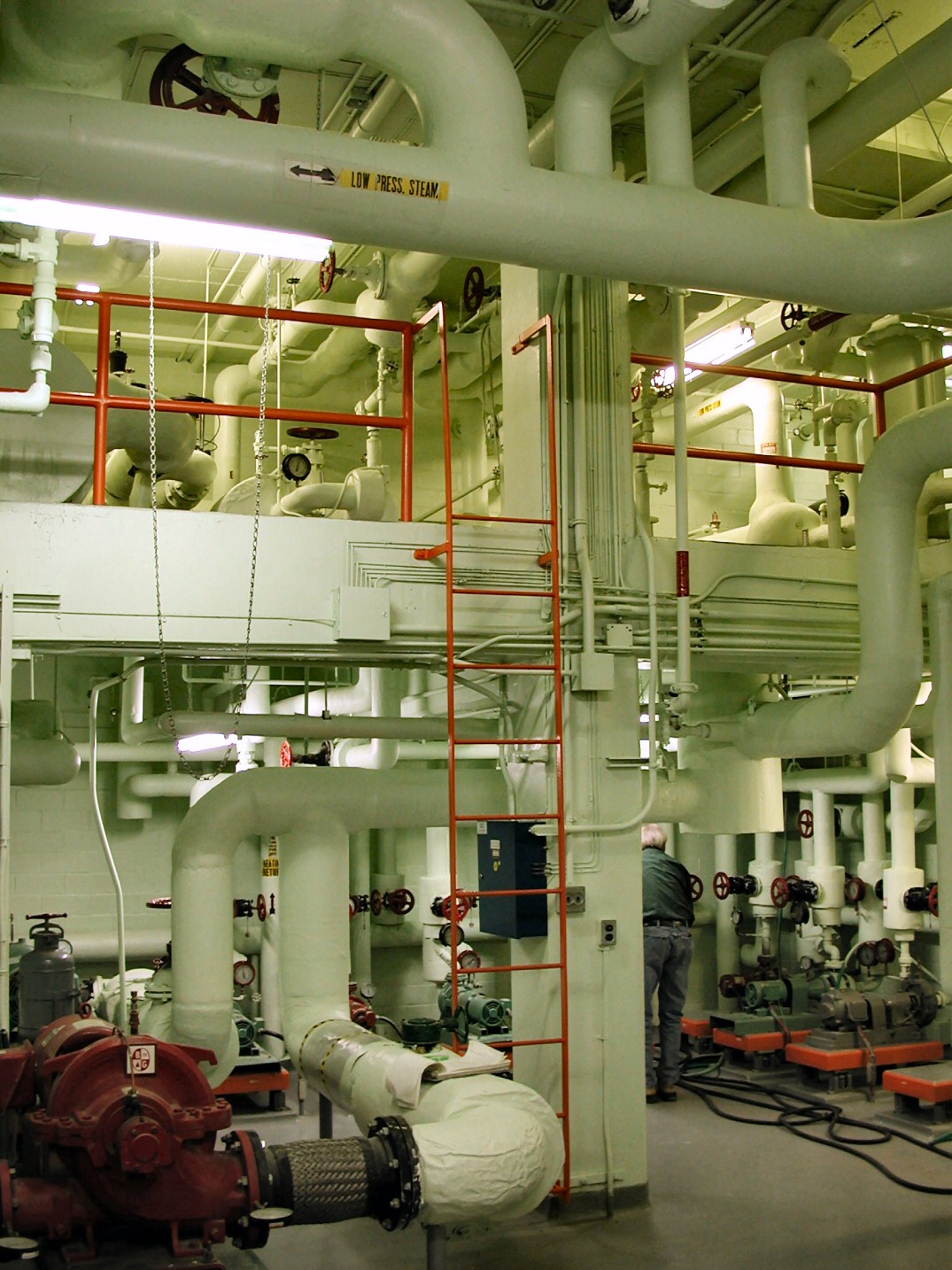

Periodic scan of redlines of mechanical technology best practice titles open for public comment. Use the login credentials at the upper right of our homepage. For an advance agenda send bella@standardsmichigan.com an email. https://standardsmichigan.com/mechanical-engineering-monthly/
| 28 | 29 - “Adiemus” Marianum High School
All day 2023.04.29  https://youtu.be/3XU1wNYBnOk “Adiemus” is a song composed by Welsh composer Karl Jenkins, which was first featured on his album “Adiemus: Songs of Sanctuary” in 1995. The song is performed by a vocal ensemble and features a unique blend of world music influences, including African and Latin American rhythms, along with classical choral arrangements. The lyrics of “Adiemus” are not based on any specific language or culture. Instead, the vocalists perform with syllables and sounds that create a non-lexical vocable language, which is intended to be universal and accessible to people from all cultures and backgrounds. The overall message of the song is one of unity and harmony, with a focus on the power of music to bring people together. The composer has described the piece as a celebration of the human voice and the beauty of the human spirit, and it has been embraced by audiences around the world for its uplifting and inspiring qualities. |
https://standardsmichigan.com/nederland/
|
30 | May | May | May | May | May | May |



